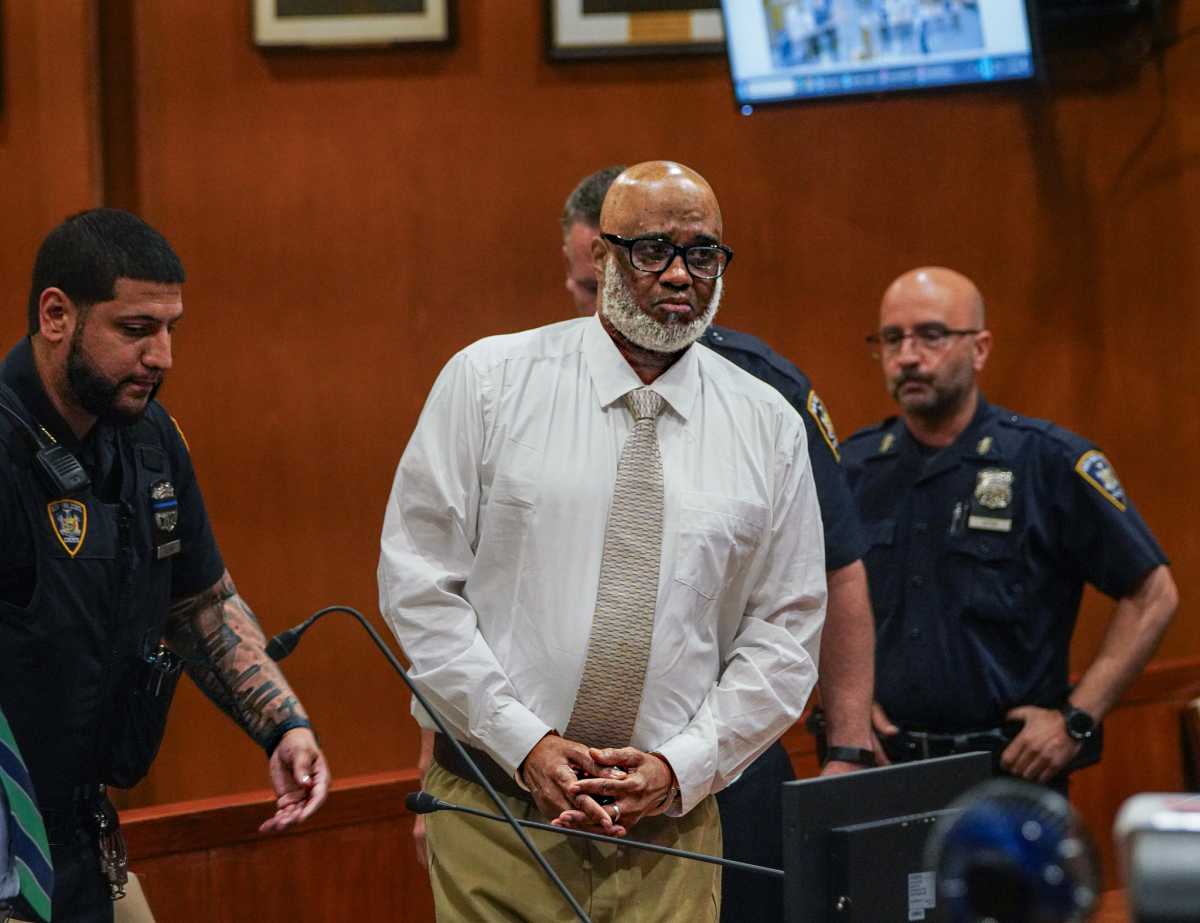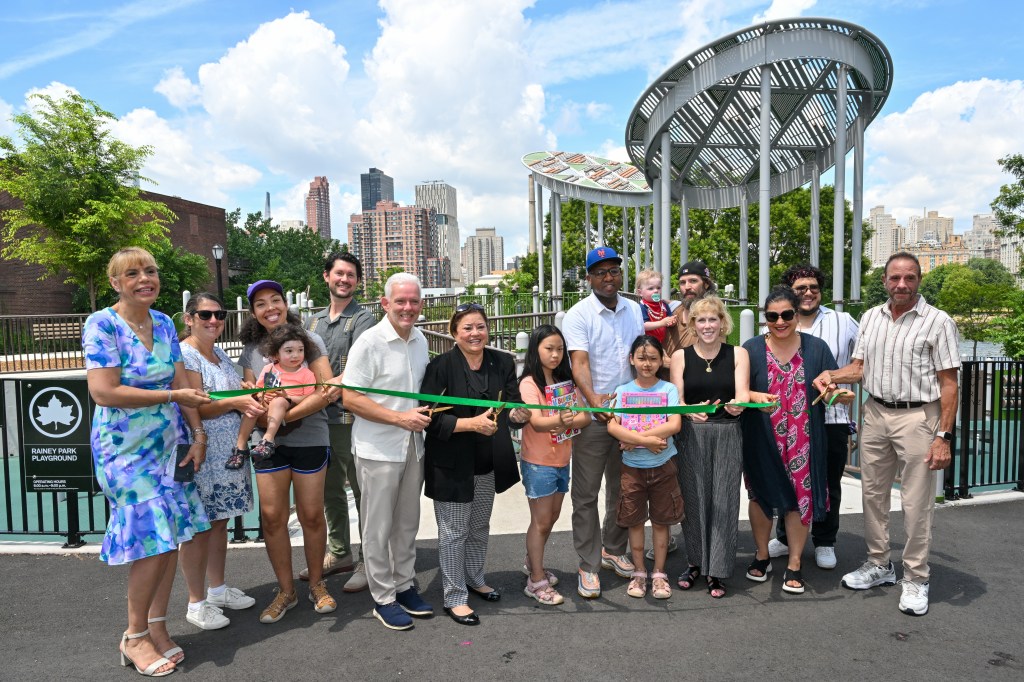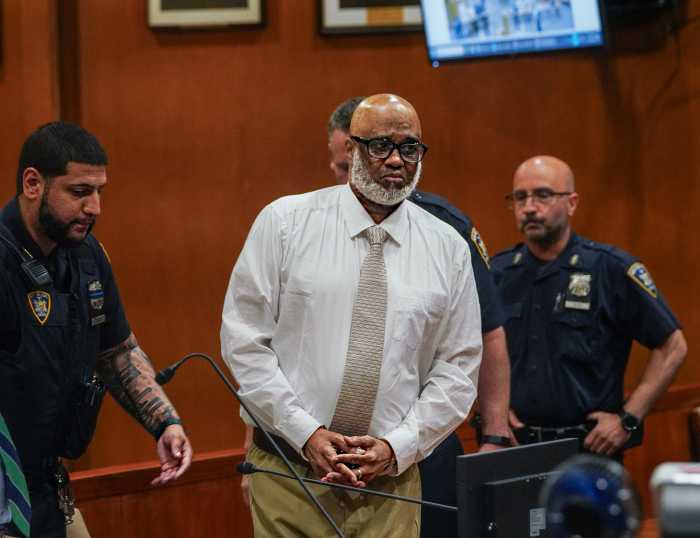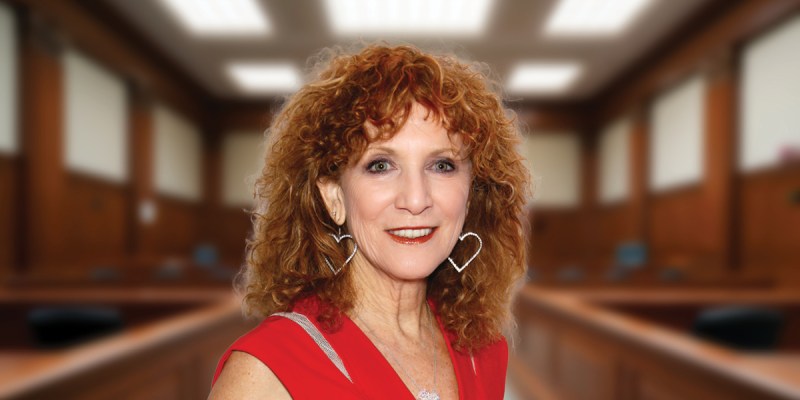Ahead of the July 3 deadline for Melinda Katz to submit her recommendations to the city on how to proceed with the proposal to build a 1.2-million-square-foot jail in Kew Gardens, the borough president decided on Wednesday night to give it a thumbs down.
With the current proposal following an outline by the Lippman Commission in 2017, Katz said on June 19 that the current proposal would only recreate the same conditions that led the city down the path to closing Rikers Island in the boroughs.
The borough president did not explain why the current plan fails meet the goals of creating a more humane atmosphere for detainees, but reiterated her stance that the development of the proposal was lacking in community input and support.
“Closing Rikers Island is a moral imperative in our push to create a dignified, proactive criminal justice system with safe and humane facilities that keep people closer to their families and support structures in their communities. But building massive incarceration facilities that will only replicate the horrific conditions on Rikers Island in direct contradiction to the decarceration reforms already being undertaken is deeply unfair and counterproductive,” Katz said. “Reforming our city’s jails system is too critical a mission to take on without adequate community engagement or proper planning, as we must strive to avoid recreating the same atmosphere of violence and dehumanization found on Rikers Island upon four new facilities in neighborhoods across the city.”
Katz issued a letter to Mayor Bill de Blasio in January calling for the process to begin again with more community involvement, and the mayor responded, saying the plan would not take any steps backward.
The Kew Gardens jail slated for 126-02 82nd Ave. would hold 1,500 of the 4,000 people in detention citywide and house a facility for all women detained in the city to be housed as well as receive services in one central location.
Katz clarified her new perspective in an interview with QNS on Thursday, borrowing language from one of her opponents in the race for district attorney.
“I think with all the diversion programs we’re about to use and services we’re about to use, you could lower that population easily to 3,000,” Katz said. “So if we’re doing all of that, why are we in a rush to approve a 1,500 bed [facility] anywhere … I will not approve a 1,500 bed anywhere in the borough of Queens, because if you build the beds, the city’s going to feel like they have to fill them up and that’s not criminal justice reform to me.”
The Mayor’s Office of Criminal Justice (MOCJ) has worked to replace the current 11 jails in the city with four smaller ones that are located near courthouses to expedite the trial process, reduce spending on transporting detainees to court appearances and streamline the abilities of families and legal counsel to visit.
The reduced capacities of the four jails was designed as a step toward reducing the overall detention population in the city.
The borough president’s recommendation was just one step in the Uniform Land Use Review Process that will eventually go the City Planning Department and City Council for a vote.
It is true that residents of the surrounding neighborhoods have opposed the jail plan in all four boroughs where they were proposed, culminating in Queens at the Community Board 9 meeting where a resolution was approved to oppose the facility in May as well as an emotional hearing the month before.
Many who were part of the Neighborhood Advisory Committee were angered by the mayor’s office in the early months of 2019 when reporters were repeatedly barred from meetings on the plan, claiming the move smacked of impropriety and even tyranny.
Earlier outlines for the plan before it was further tweaked were released by MOCJ show a facility that offers amenities to visiting families and space at the ground level for organizations or businesses.
The local residents are not the only ones in upheaval over the plan. Organizations are fighting the city to prevent any new jails from being built while advocating for the closure of Rikers.
Councilman Rory Lancman has completely backed the plan on the grounds that he sees it as a long overdue “decarceral” effort that will end a system that disproportionately effects black and brown communities.


































